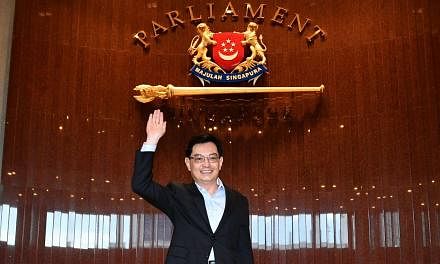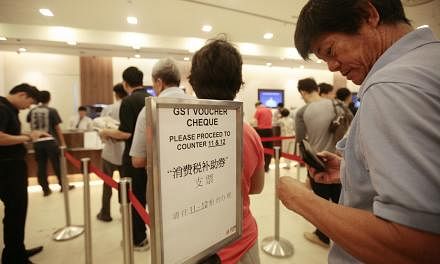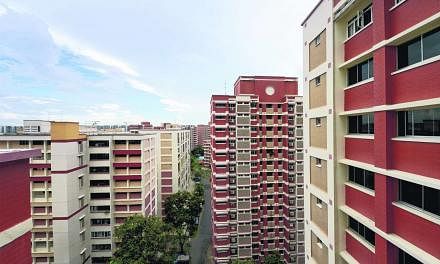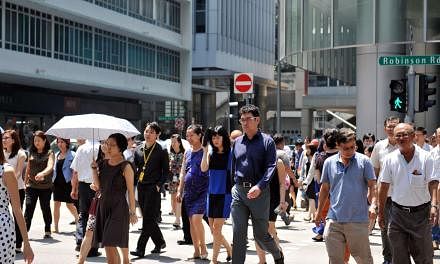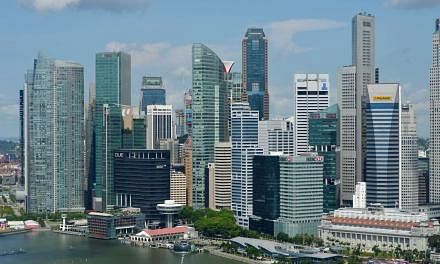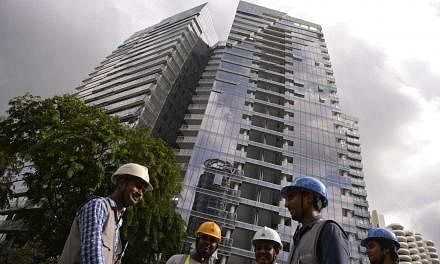Helping companies tackle near-term challenges while preparing them for the future economy was always going to be a balancing act.
All things considered, Budget 2017 struck that difficult balance well, keeping an eye on immediate pain points such as cost pressures and financing needs, without losing sight of longer-term needs to help businesses transform.
Finance Minister Heng Swee Keat devoted an entire section - about 10 pages - of his speech detailing a slew of initiatives to support companies and drive innovation. Previously launched initiatives such the Wage Credit Scheme, Special Employment Credit and SME Working Capital Loan will continue to be available to help companies manage wage costs and cash flow.
Targeted support was also unveiled for sectors facing cyclical weaknesses: deferment of foreign worker levy increases in the marine and process sectors, and more public-sector jobs on tap for the construction industry.
The enhancement of the corporate income tax rebate should also be a welcome move for some companies. Admittedly, some parts of the business community were disappointed that more help was not given to ease the cost burden facing companies. Hopes for rental rebates, for example, remain a pipe dream. But it is important to note that addressing rising costs - a perennial business concern - offers short-term balm, and should be augmented by measures to get companies ready to seize growth openings.
With the rise of the digital economy, innovation will be key for enterprises to be competitive, efficient and productive.
Budget 2017 has tackled this objective in spades, introducing measures to get companies to jump aboard the innovation train and to expand their overseas footprint.
Among them, the new SMEs Go Digital Programme and a technology hub to encourage enterprises to tap digital solutions, as well as the International Partnership Fund to co-invest with local companies to enable them to scale up and internationalise.
The digitisation initiatives could perhaps help the retail sector - which has seen sales eaten away by e-commerce players - regain its competitive edge.
The ongoing focus on helping workers deepen skill sets and get skills to operate abroad will enable the workforce to be more competitive in a global marketplace.
Taken together, the raft of well-balanced measures to help companies unveiled in this Budget is forward-looking and will help to position the Singapore economy for the next phase of its growth.


